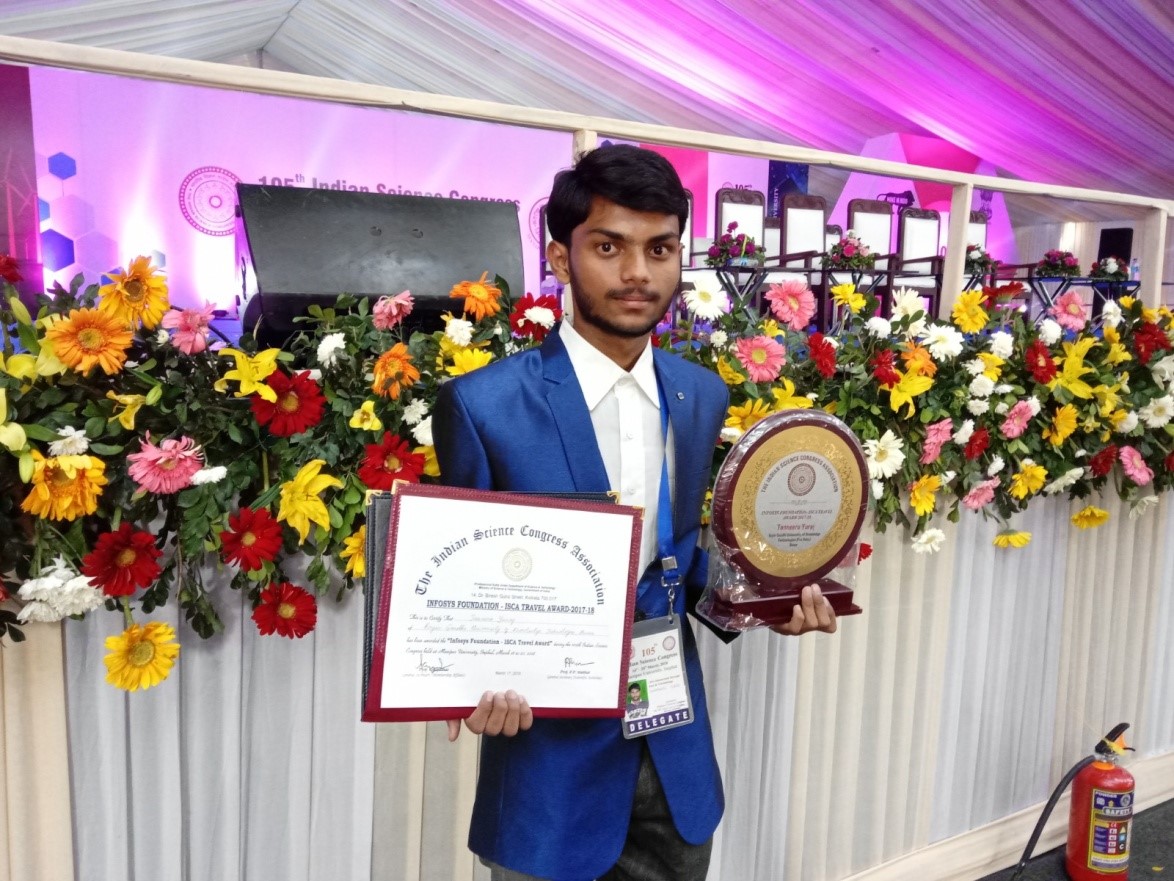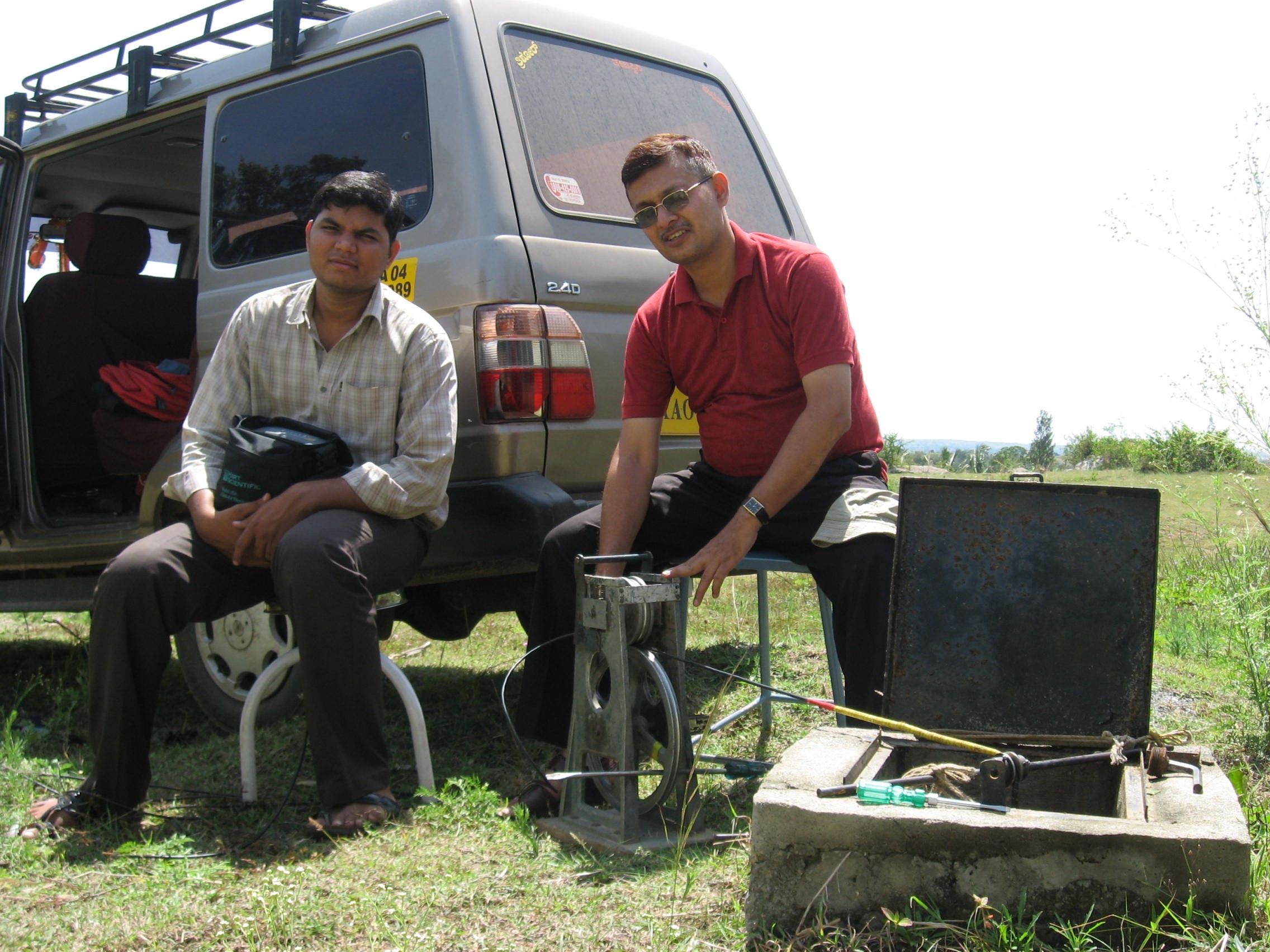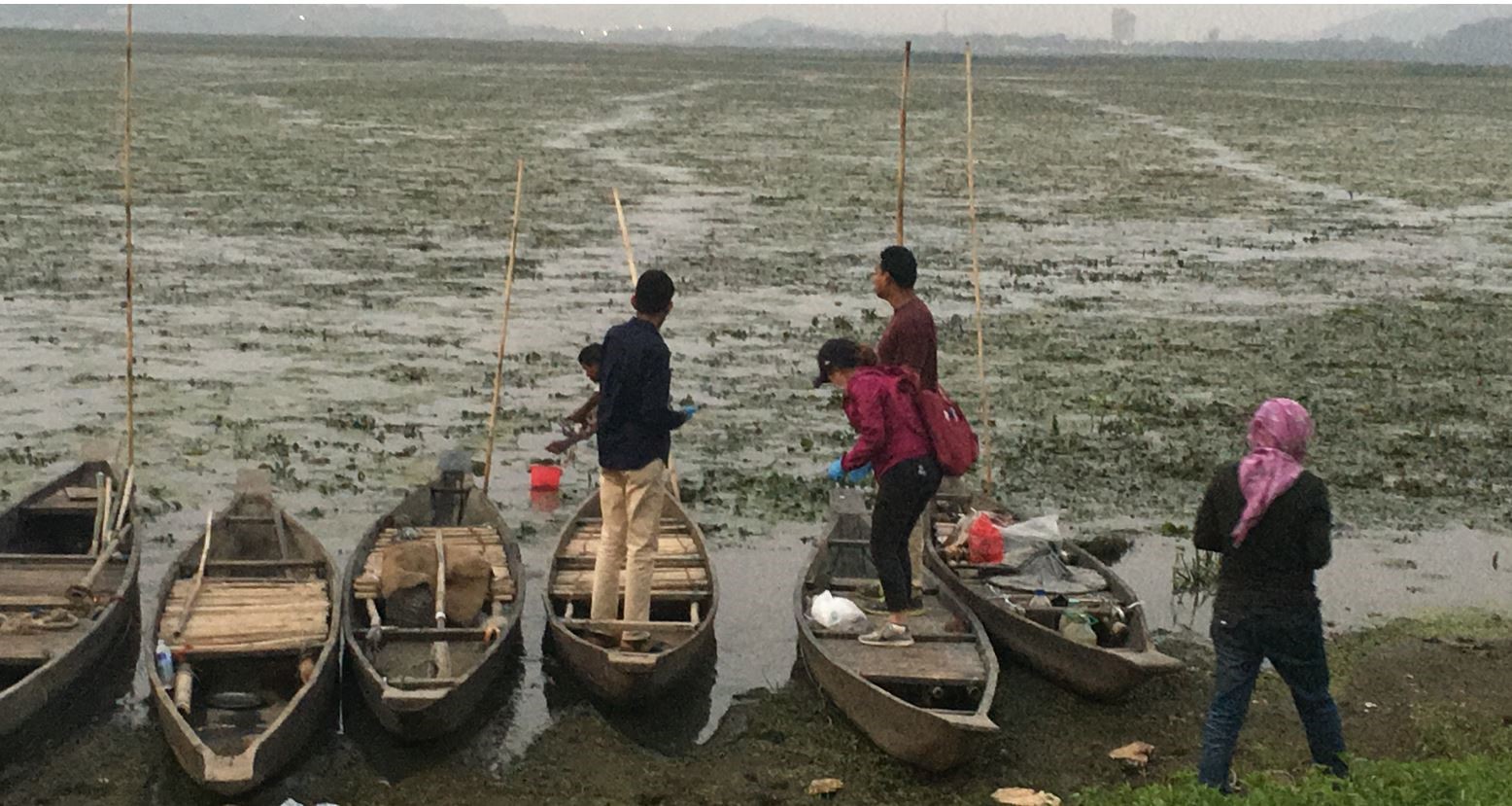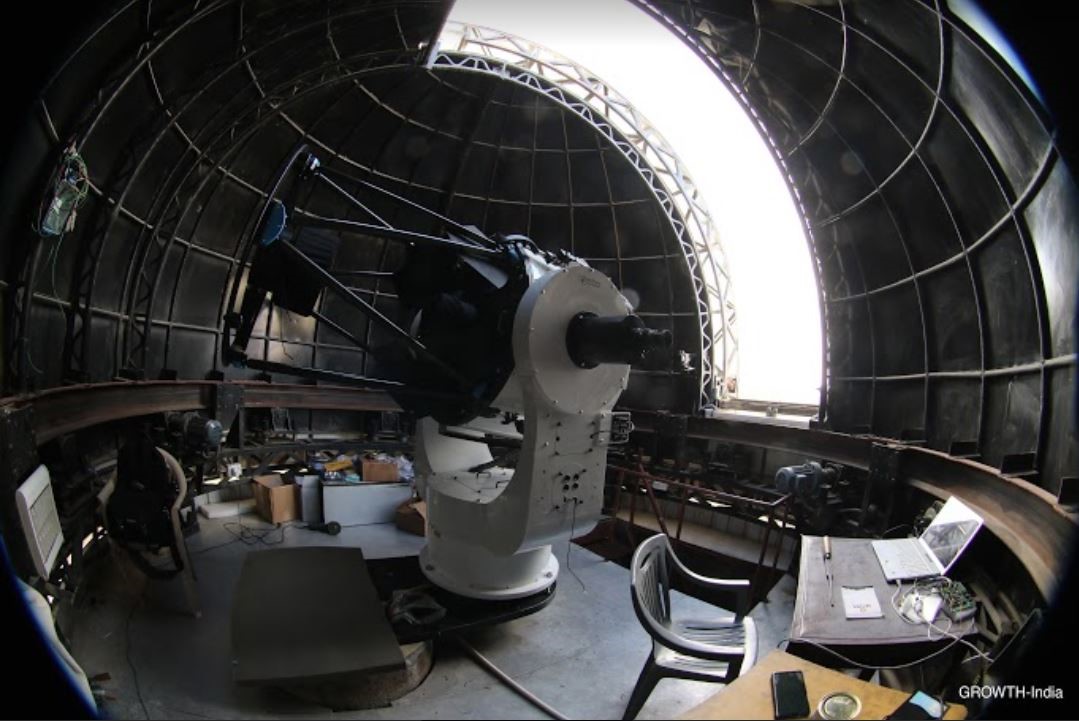
Children’s Science Congress Promotes Scientific Way of Thinking
- News
- 1.6K
The annual session of the Indian Science Congress (ISC) provides a forum for young researchers and university students to listen to scientists and scientific leaders on various subjects. It is also an occasion for school going children to show their creativity and develop an interest in science by participating in the Children’s Science Congress held along with ISC.
Around 7000 children are participating in the Indian Science Congress this year. For the first time, Indian Science Congress Association (ISCA) has introduced science model competition for the children participating in Children Science Congress, Prof. Gangadhar, General Secretary, ISCA, told India Science Wire. He said, “ISCA encourages young scholars and provides them opportunities to showcase their contributions in science”.
The primary objective of the Children’s Science Congress is to let children from both formal school system as well as from out of school to exhibit their creativity and innovation to solve problems they experience locally using the method of science. It prompts them to apply the scientific method to solve problems identified by them. The forum encourages a sense of discovery.
Nagaland Governor P B Acharya, who inaugurated the Congress, said “knowledge should be used to help the society find solutions and to progress. Your education must empower the society and reach to the unreached”.
Prof. Adya Prasad Pandey, Vice-Chancellor, Manipur University, said the theme of this year’s ISC was “reaching the unreached through science and technology”, and it would help participants think in terms of applying science to societal needs and problems. Mr. AK Saxena, President, ISCA, told India Science Wire that this year the association had invited more children to attend science congress and excellent models were showcased in the exhibition. The purpose of children science congress is to encourage children to involve in science and to inculcate scientific temper among them.
During the function, ten Infosys-ISCA travel awards were also given to children. TanneruYuraj from the Rajiv Gandhi University of Knowledge Technologies, Basar, Telangana, received the award for writing an article on the application of research in areas ranging from agriculture to space. He said, “I want to talk to scientists here on the application of research in different areas.”Another winner, Yashi Gupta from Seth AnandramJaipuria School, Kanpur said that she has written on plastic-eating worms that could solve the pollution problem. Her teacher, Dr. Anupma Srivastava, said her school had been coming to the science congress for the past five years.
The Children’s Science Congress popularly known as Rashtriya Kishore Vaigyanik Sammelan is organized every year along with Indian Science Congress. It is a unique opportunity for the young students in the age group of 10-17 years from all over the country, to improve the scientific treatment and expand their innovative talents in the field of science and technology. (India Science Wire)
By Jyoti Singh
For the latest Science, Tech news and conversations, follow Research Stash on Twitter, Facebook, and subscribe to our YouTube channel


